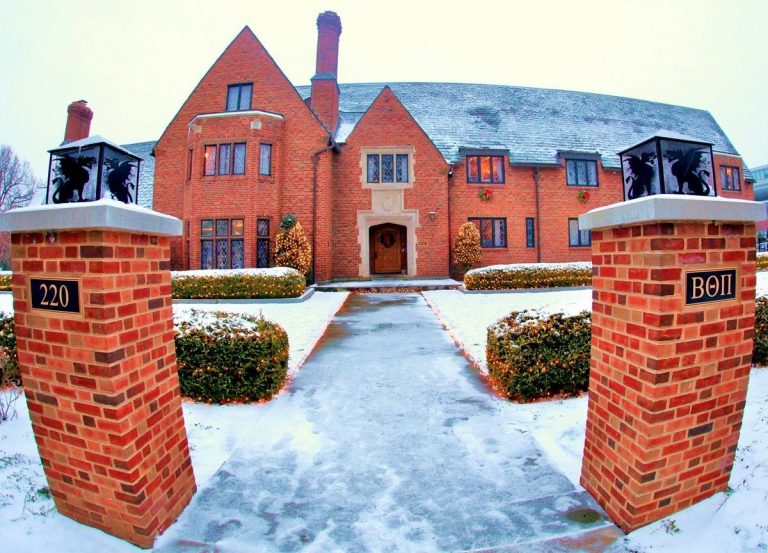
Penn State University has permanently banned a fraternity and put in place steps to reduce alcohol abuse after one of its members lost his life following a booze-induced initiation ritual last month, the Washington Post reports.
The school’s chapter of Beta Theta Pi will no longer be recognised by Penn State after investigators found a “persistent pattern” of alcohol and drug abuse as well as hazing.
“The serious violations we have found include forced drinking, mandatory hazing and other illegal activities, which combined with a student’s tragic death lead us to conclude Beta Theta Pi, despite its notable history at Penn State, merits no continuing place in our community,” the university’s vice-president for student affairs Damon Sims said.
Penn State will no longer “tolerate what has been, for them, business as usual” within the Greek-life societies, according to Sims.
Penn State cracks down on alcohol at fraternities after student death https://t.co/0Ei7OSFLtb
— The Wall Street Journal (@WSJ) March 31, 2017
One of the moves includes requiring staff and student leaders to take part in a new programme to make sure students comply with the underage drinking ban.
Fraternity and sorority recruiting will also be delayed from fall to spring next year. While their events and facilities are allowed to continue, alcohol may no longer be allowed in them. Currently, there is an alcohol ban on all fraternity-related social events on the main campus for the rest of spring semester.
The crackdown comes in the wake of an ongoing criminal investigation into the case of Timothy Piazza, the engineering student who fell down a stairwell during a pledge acceptance ceremony in February. Frat members did not get help for the 19-year-old sophomore from New Jersey until about 12 hours later. Piazza died at the hospital the next day.
Police suspect it was hazing and excessive drinking that led to Piazza’s tragic demise.
State College Police says that "excessive alcohol consumption and Fraternity Hazing" may have played role in death of Timothy Piazza. pic.twitter.com/j8in94p9H8
— The Daily Collegian (@DailyCollegian) February 10, 2017
The fraternity’s lawyer said it would fight the school’s decision, claiming they were not given access to the evidence that led to the Penn State allegations against Beta Theta Pi.
Greek life is a feature of American universities where undergraduates pledge to be a member of a fraternity or sorority through a selection process and if accepted, they live and take part in activities together, usually on private property.
These organisations have had a history of alcohol abuse, which have at times resulted in unfortunate consequences – at a rate higher than their non-Greek affiliated peers.
In Penn State, more than 7,000 (17 percent) of its roughly 46,000 students at its main campus are members of Greek life, which until recently, long enjoyed a large degree of autonomy at the school.
In 2011, the Alpha Tau Omega chapter was sentenced to 70 days of community service for causing the death of Joe Dado, whom the members had given alcohol to before he fell down a staircase to his death.
“However, we no longer believe vesting so much responsibility in the self-governance of these groups will produce positive outcomes,” Sims said.
“Today, Penn State is drawing a line and imposing critical changes. Enough is enough.”
Liked this? Then you’ll love these…
University of St. Andrews to offer alcohol-free student accommodation
Stanford University students try their hand at making beer using an ancient Chinese recipe








